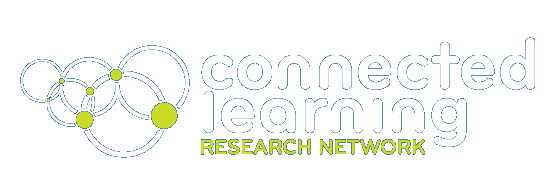Leveraging Horizontal Expertise
Principal Investigators:
Associated Researchers and Staff:
- Andrea Bien
- Edilberto Cano
- Michelle Drummond
- Daniela Kruel Di Giacomo
- Elizabeth Mendoza
- Lisa Schwartz
This CLRN project at the University of Colorado at Boulder examines how the social organization of activity settings, forms of mediation, and tool use can be employed to leverage both horizontal (everyday) and vertical (scientific or school-based) kinds of expertise (Gutiérrez & Vossoughi, 2010) in children and young adults. Too often, especially in school or formal learning environments, everyday expertise and knowledge are in tension with school-based knowledge. From a cultural-historical perspective of learning and development, we are interested in how everyday and scientific knowledge grow into one another.
We examine how children leverage new tools, practices, and knowledge across different learning environments. In particular, we are interested in learning how children leverage the expertise acquired in an after school setting, El Pueblo Mágico, into home practices. Designed to meet the learning needs of students from non-dominant communities in the U.S., El Pueblo Mágico aims to mediate the effects of unequal schooling environments. As an intergenerational setting, the research at El Pueblo Mágico examines children and undergraduates’ appropriation of new practices, tools, and knowledge as they engage in joint intergenerational activity across a range of new media activities. The CRLN study asks: Do the new tools and practices acquired in El Pueblo Mágico travel and take hold across new tasks, social arrangements, and contexts? We are especially interested in seeing whether and how activities in which children participate in at El Pueblo Mágico influence their participation in activities at home and in other settings.
The study documents children’s everyday practices in situ, as they participate with family members and peers. Specifically, we are interested in practices around the use of social media, science, and health-related issues, the foci of the El Pueblo Mágico after school setting. Through interviews, surveys and extensive video recordings at home and at the after school setting, we are developing case studies of children who attend El Pueblo Mágico, and their families. Additionally, surveys for upper elementary and middle school youth are assisting us in documenting practices across the local school and community context, which serves and is comprised of a large number of Latino and immigrant families.
Blogs
Publications
- Connected Learning: An Agenda for Research and Design
- Polylingual and polycultural learning ecologies: Mediating emergent academic literacies for dual language learners
- Re-Mediating Current Activity for the Future
- Essentializing Racial and Ethnic Identity (in Encyclopedia of Diversity in Education)
- An Ecological and Activity Theoretic Approach to Understanding Diasporic and Non-Dominant Communities. ( in Research on schools, communities, and neighborhoods: Toward Civic Responsibility)
Videos
Presentations
Updates
A Guide to Connected Learning Sessions At DML2013
Compiled by Courtney Santos and Amanda Wortman










